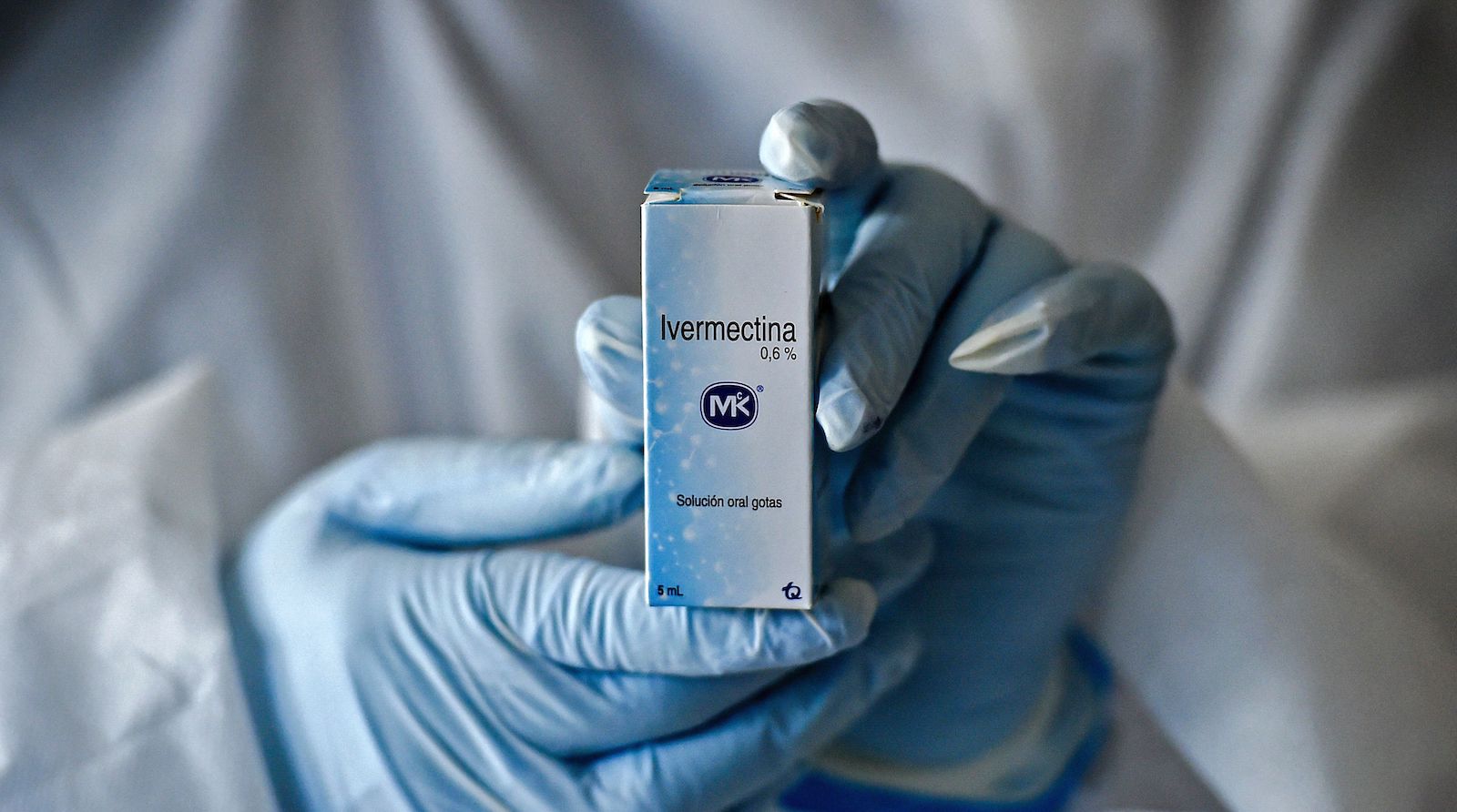What we know so far about colchicine 1:48
(CNN Spanish) -
Faced with the pandemic that seems to be accelerating, in recent days, colchicine, ivermectin and plitidepsin have attracted the world's attention and experts are investigating whether or not they would help patients with covid-19 .
This is what we know about these drugs.
Ivermectin
Ivermectin is an antiparasitic that is being widely used in Latin America as a preventive treatment for covid-19.
However, the US Food and Drug Administration (FDA) does not recommend its use to prevent coronavirus.
As Dr. Elmer Huerta, a public health expert and contributor to CNN en Español, explains, “ivermectin is very effective against external parasites such as lice and mites that cause scabies, against roundworms, including roundworms. for filariae and onchocercas, which cause elephantiasis and onchocerciasis or 'river blindness' in Africa.
So how did an antiparasitic come to be considered useful against the coronavirus?
“It all started on April 3, when in a pre-publication, Australian scientist Kylie Wagstaff reported that by using a very high amount of ivermectin (approximately 50 times the commonly used dose), the medicine was able to prevent SARS CoV2 from entering to a cell culture ”, explains Dr. Huerta.
"Two weeks later, doctors in Bangladesh reported that they had managed to 'cure' 98% of patients who received the combination of ivermectin and the antibiotic doxycycline."
advertising
These are the side effects of ivermectin 1:01
But, as Dr. Huerta says, the administration of these drugs was not part of a study and "more than 90% of patients with covid-19 recover spontaneously."
In other words, it is also possible that the patients would have recovered without the use of ivermectin.
Currently, multiple scientific studies seek to demonstrate the usefulness of the drug against covid-19.
However, “a recent review of 11 studies or meta-analyzes on the drug, carried out by researchers at the University of Liverpool under the auspices of UNITAID, which receives advice from the WHO, concludes that, despite having some evidence that may be effective in reducing deaths from covid-19, the studies are very disparate, have many limitations, and it is not possible to draw a definitive conclusion, "says Dr. Huerta.
In conclusion, for now, there is not enough data to show that ivermectin can help patients with covid-19, as the National Institutes of Health (INS) said on January 14.
Colchicine
What we know so far about colchicine 1:48
Colchicine is an anti-inflammatory drug extracted from a European plant that has been used since ancient times to relieve joint and joint pain.
For years it has been used to control gout attacks, a disease in which the person is unable to eliminate uric acid and accumulated crystals in the joints.
As Dr. Huerta explains, it is thought that the drug would have a positive effect against COVID-19 by controlling the so-called "cytokine storm," the inflammatory response that is the main cause of lung complications and death from coronavirus.
In recent days, colchicine has gained attention following a January 22 press release from the Montreal Heart Institute, an entity associated with the University of Montreal in Canada.
According to the statement, in a study of 4,159 patients diagnosed with COVID-19, colchicine was found to reduce hospitalizations by 25%, the need for mechanical ventilation by 50%, and deaths by 44%, compared to patients. patients who received a placebo.
However, Dr. Huerta affirms that more details about the usefulness of the drug to treat covid-19 should still be awaited because "the announcement has been made through a press release, and not through the publication of a scientific study ».
This is an important aspect because "during the pandemic we have had announcements about the apparent usefulness of drugs that were made without a solid scientific basis, such as hydroxychloroquine, for example, and that ended up being a fiasco."
According to Dr. Huerta, “then we have to wait for the authors to publish the results of their study in a peer-reviewed scientific journal.
In the meantime, we recommend not trying to self-medicate with colchicine.
The drug, which has a narrow therapeutic margin, is very prone to causing side effects, such as severe vomiting, diarrhea, bleeding and muscle pain.
Plitidepsin
What is plitidepsin?
Dr. Huerta explains 1:17
Plitidepsin is an antiviral drug that, like ivermectin, was tested in an in vitro study, "that is, in the laboratory, in test tubes, with isolated cells", explains Dr. Huerta.
The study, called "Plitidepsin has potent preclinical efficacy against SARS-CoV-2 by targeting the host protein eEF1A," was published in the journal
Science.
However, being an in vitro study, according to Dr. Huerta, “it is very initial, you cannot jump from the test tube to the people, to the patient.
It is another example that we have to be careful when analyzing the effectiveness of medicines.
Colchicineivermectinplitidepsin

